Awoke this morning with no real sense of what to talk about here. Thanksgiving memories? Too mawkish. The election? Please, no more. The horn that blows over Corning every morning at 6:45, is blowing right now in fact, to call workers from breakfast to the long-closed production line for over a century? Not much to work with there, and frankly I think I just wrote about it.
Eventually I decided a short muse on the three things rolling around in my head right now is the best I can do. Here we go.
I drove P to work this morning so I'd have the car to run a couple errands. Driving along in the darkness back from Guthrie, I listened to Morning Edition on NPR for the first time in months. There was a retrospective on the life of David Dinkins, New York City's first black mayor, a transitional figure in the process of transforming the Big Apple from a crime-infested war zone into the kind of place you'd take your kids for a long weekend to see the Lion King on Broadway.
What struck me about the article was not the archived interview with Dinkins, a gentleman and a leader, but rather the clip of the concession speech given by his opponent when he first won election, a prosecutor named Rudy Giuliani.
Don't watch the clip at the top, which is full of ads--just check out the one at the bottom of the article, with Giuliani pleading for unity. On the radio, you could hear him calling out the crowd when they responded to his concession with boos. Rather than stoking division as a vehicle for buoying his political ambitions, Guiliani called for all New Yorkers to come together and work with the new administration.
It obviously didn't cost him--four years later he ran again against Dinkins, and won.
Of course, that meant he was the mayor when the first and then the second jets hit the Twin Towers. His leadership during those dark days almost vaulted him into the presidency. I remember being reduced to tears one Saturday night, a couple weeks after the attack, when Saturday Night Live returned to the air. The stage was filled with firefighters and police, glazed at the losses they'd endured, with Giuliani there in front of them, and Paul Simon singing "the Boxer". I am not one of those guys who leapt onto the victim train after that day, but the pain of it all for them was palpable. And there was the mayor, with encouraging words about living in freedom and not fear.
Somehow, that guy devolved over the intervening two decades into this guy:
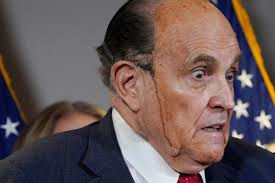
A conspiracy theory wielding punchline, hair dye melting down his cheek only a few weeks after he apparently thought he was headed for a little sexy time with a teenage girl in the new Borat movie.
I don't ask the obvious question, "What the hell happened?" I wonder instead about legacies. How will he be remembered, will we be remembered? Marcus Aurelius would answer, "Not at all, after our grandchildren die, and maybe not even that long." Okay, to the extent we all leave a legacy, how is it measured? Will we remember Rudy Giuliani as the gracious civic-minded politician, then leader of a city in its greatest moment of crisis, or as the guy who tried to undermine our democratic institutions as his hair melted? He was both; he is both.
My sense is that a lot of my neighbors and friends see life as a scorecard, and if at the end of it all some divine judge is going to look down at us and say, "Well Donk, you get three points for bagging groceries for poor kids at church, but lose another five for that whole divorce business. Then add back two for saying 'yes ma'am' and 'yes sir' a lot, but lose a point for all the profanity in between."
Yep, I'd say that's exactly how at least a plurality of us see it. That view has never made sense to me, but what do I know?
Another view is the turd in the punchbowl theory of virtue: that one lapse, if it's a biggie, cancels the remaining life well-lived. Think of the Episcopal bishop in Maryland who took care of her flock for decades, but all anyone remembers is the time she had too much to drink and ran over a cyclist.
Or, if one is more inclined to the profane, think of my father's favorite joke about Pierre the Bridgebuilder, lamenting to the guy next to him at the bar about a lifetime of designing and building the greatest, most amazingly engineered bridges all over the world. But then Pierre ends by remembering the day they caught him fellating another man, and "they don't call me 'Pierre the Bridgebuilder' anymore."
Who tells that joke to a ten-year-old? Dad on his third scotch. Peg is always appalled at the ribald humor that filled my childhood.
Life is a stream of moments, and the only one we control is the one we occupy right now. Virtue, to the extent it exists at all, is just the accumulation of the choices we make in each vignette of our lives.
The clientele tends to be working class, and although they'll wear a mask because it's the law, the facecloth is generally pulled down into a chin diaper, nose dangling in the open for all the world to see. s one's politics, social station, and therefore likelihood of carrying and transmitting covid. You have three choices here--Tops, Aldi, and Wegman's. For my Southern friends, think of Tops as Winn Dixie--a little old, a little rundown, with good prices on some things but lacking a selection one would consider gourmet.
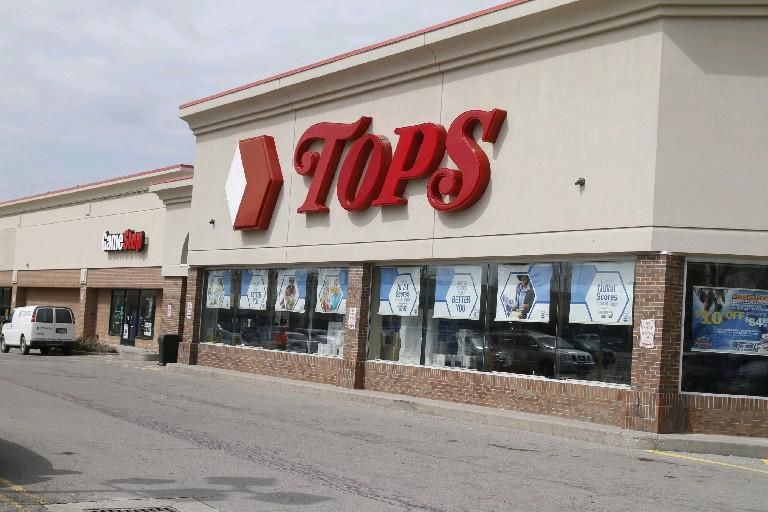
The clientele tends to be working class, and although they'll wear a mask because it's the law, the facecloth is generally pulled down into a chin diaper, nose dangling in the open for all the world to see.
Aldi is just weird--a German extreme discount chain that charges rent for a shopping cart, and has a hit-and-miss selection of off-brand items offered for far less than most other grocery stores.
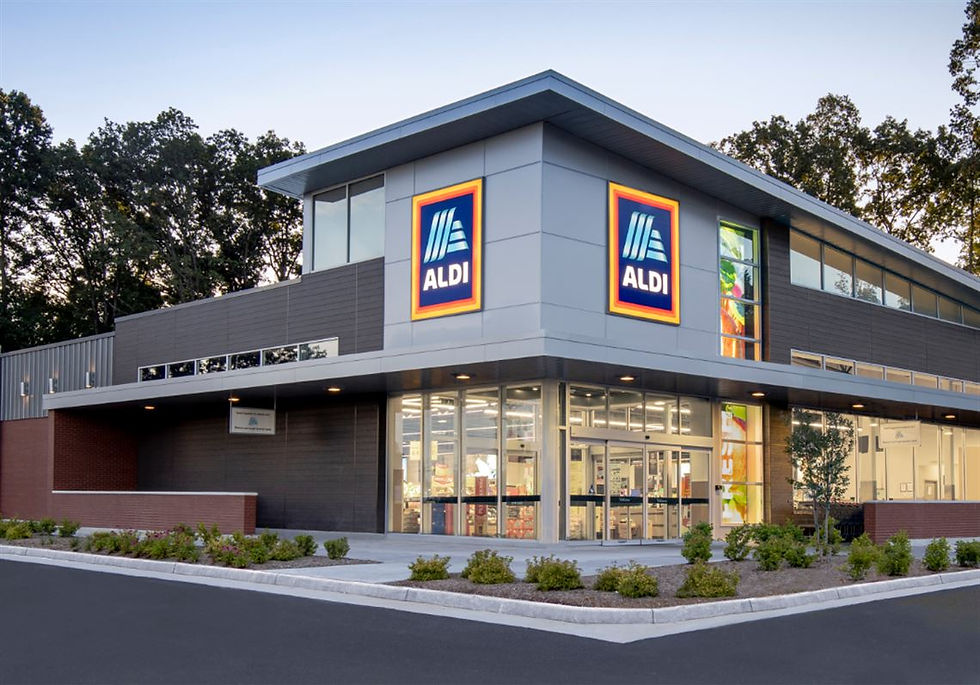
The MAGA crowd shops there, apparently comfortable with the fact that it's run by fuzzy foreigners. There's very little respect for the six foot rule, and masks are almost universally worn over the chin. As covid begins to surge over this place once again, I'm guessing its origins can be traced to the frozen food aisle at Aldi.
Finally, right down the hill from us is Wegman's, a regional institution that feels like a cross between Publix and Whole Foods.

The deli and bakery are spectacular, and the meat department, though a little overpriced, is as well-stocked as any I've encountered. The customers tend to be Corning people, which generally implies a lot of education and broad worldview. Everyone wears a mask--when a couple college girls from out-of-state tried to come through the door without one, they were stopped and told they could mask up or leave. It's my understanding that the customers all around gave them the stink-eye.
We shop at Wegman's. It costs more, but feels safer.--spending a few cents less a pound for a round roast but ending up on a ventilator seems like a poor bargain. And the sourdough bread is to die for.
Finally, I introduced P last night to a favorite movie of mine, Sunshine State starring Angela Bassett, Timothy Hutton, and Edie Falco.
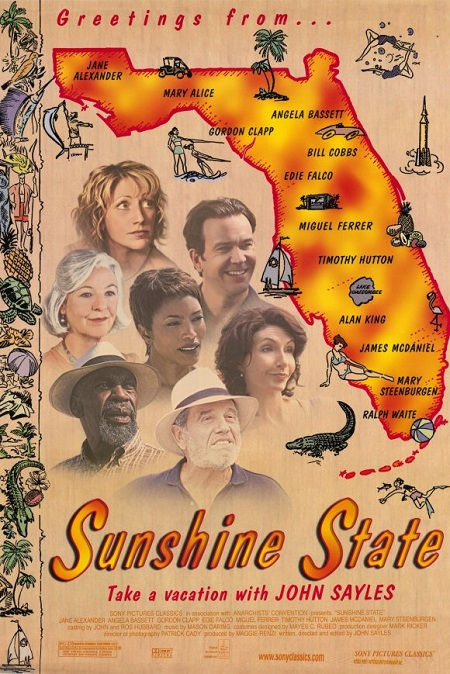
It's based on the true story of the machinations of a group of real estate developers to swallow up and develop a historically black beachfront community on what in real life was Amelia Island. It's a little preachy, but stirred memories of home. Maybe I watched because I'm homesick--the movie nails its depiction of developers, their design folks, and the way the local politicians often sacrifice what's good about their communities for thirty pieces of silver. I watched it happen over my two-and-a-half decades practicing law in the panhandle.
What struck me as I pondered the movie on my drive back this morning was and is the total absence of those sorts of residential developments here. Not a single hill covered in identical 3800 square foot boxes, no signs along the road promising "homes from the $300s". No sprawl. No condo towers.
What is going on here? Is it that no one moves to the Southern Tier, or more accurately that there's not a steady surge of population growth? Does New York's land development law make it impossible? Unlikely, given that this is where it all began with Levittown after World War II. My sense is it has a lot to do with the fact that this place would be very different (a nicer phrase than "dry up and blow away") but for the presence of Corning, Inc., and maybe Siemens, bringing thousand of jobs. To move here, one must have a way to make a living. We are figuring that out, day by day.
Speaking of making a living, it's time to get ready for a big hearing later today back home, via Zoom. Been dreading this one for a long time, but I keep thinking of how good it'll feel to get the exercise behind me and move into the celebration of Thanksgiving.
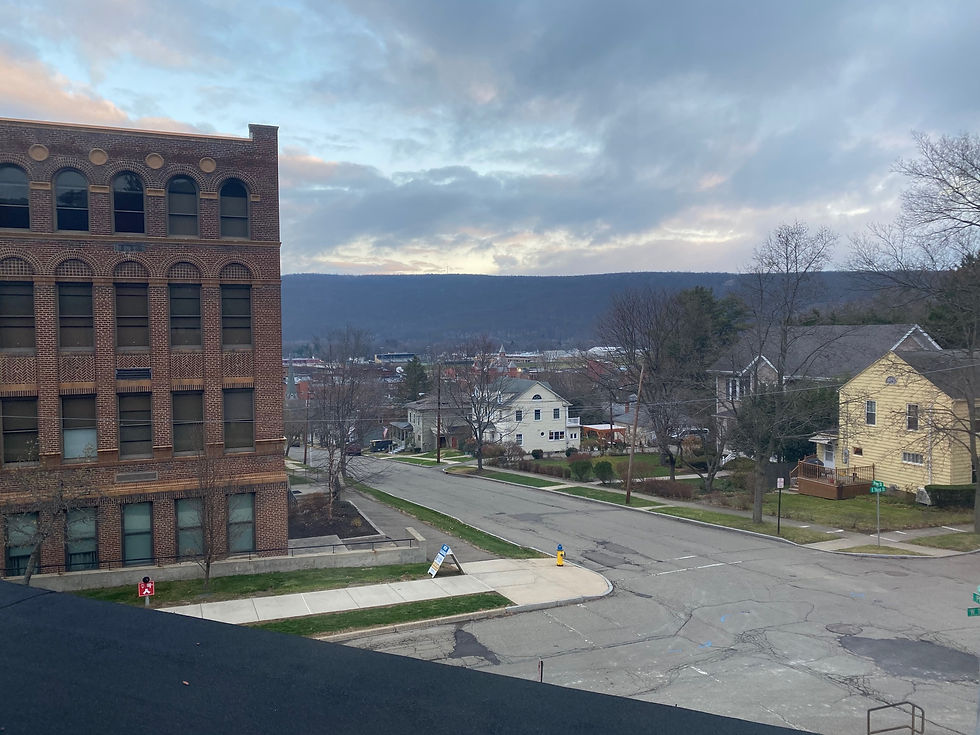
Comments